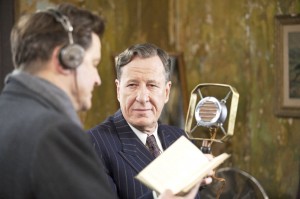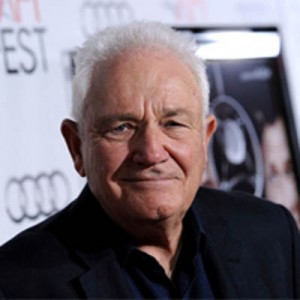 It was late evening. Black Sea coast beach where we were relaxing, swimming in the night warm water, running and jumping around, the whole group of tourists from Central Russia. Rocks and wild sea break waters were nearby, waves were rolling monotonously up and down, it seemed no end of this picture.
It was late evening. Black Sea coast beach where we were relaxing, swimming in the night warm water, running and jumping around, the whole group of tourists from Central Russia. Rocks and wild sea break waters were nearby, waves were rolling monotonously up and down, it seemed no end of this picture.
And as if out of the blue, the sad sound of violin shattered the scene. Look at the picture above and listen to:Sad Violin Music
We were shocked. Who could it be? Between the roaring element ,shining moon and scary darkness of the wilderness, who is that brave person, performing the beautiful tune and why?
In no time I persuaded my friends to move closer to the rocks and pretending that we were looking for sea shells of unusual forms and fashions, started to move forward along the seaside. What a real adventure it was! Only just young and stupid could dare! This is exactly what we were.
I saw a young man playing violin. He watched me approaching him and did not move. The music stopped. “What’s your name?”, I asked. “D-d-d-a-vid”, he answered stuttering. “You’re playing very well”, I complimented. “Are you going to be a musician?” I asked dying of curiosity to know that. He did not respond and continued his wonderful playing.
We were picking up different gifts from the sea: pebbles, shells and such under the accompaniment of a strange mixture of the roar of waves and the splendid human’s violin. Because upon walking away we heard the young person’s voice performing tune, singing as a violin.
We were totally confused: where the instrument stopped, and when his voice started sounding. For the first time in my life, I thought to myself:”How complicated it is human nature, more complicated than the wild element”.
The same feeling of astonishment I experienced after viewing the movie “The King’s Speech”, 2011, which was released not long ago and was named the best movie of the year.
The King’s Speech is a 2010 British historical drama film directed by Tom Hooper and written by David Seidler. Colin Firth plays King George VI, who, to overcome his stutter, is introduced to Lionel Logue, an unorthodox Australian speech therapist played by Geoffrey Rush. The two men become friends as they work together, and after his brother abdicates, the new king relies on Logue to help him make a radio broadcast at the beginning of World War II.
Watch official movie trailer.“The King’s Speech”
David Seidler began reading about George VI after overcoming his own stutter during his youth and, using informed imagination, wrote about the men’s relationship. Nine weeks after before filming, Logue’s notebooks were discovered and quotations from them were incorporated into the script. Principal photography took place in London and other locations in Britain, in December 2009 and early January 2010. The film was released in the United States on the 24th of December 2010 and in the United Kingdom on the 7th of January 2011.
See the picture from the movie.
The film received many awards and nominations, mostly for Colin Firth. The film was nominated for seven Golden Globes, winning Best Actor-Drama for Firth. Furthermore, the film also was nominated for fourteen BAFTAs, the most of the other films, winning seven, including Best Picture, Best Actor for Firth, and both Best Supporting Actor and  Best Supporting Actress for both Geoffrey Rush and Helena Bonham Carter, respectively. The film was also nominated for 12 Academy Awards, the most of the other films, and ended up winning four, all in the major category, including Best Picture, Best Director for Tom Hooper, Best Actor for Firth and Best Original Screenplay for David Seidler.
Best Supporting Actress for both Geoffrey Rush and Helena Bonham Carter, respectively. The film was also nominated for 12 Academy Awards, the most of the other films, and ended up winning four, all in the major category, including Best Picture, Best Director for Tom Hooper, Best Actor for Firth and Best Original Screenplay for David Seidler.
“My father always said to me I would be a late bloomer”, said Seidler, 73. He noted that he is the oldest person to ever win the award, which he accepted “for all the stutterers throughout the world.”
Congratulations, David! Good luck to all the mavericks speech therapists of the world in their very noble deeds! Watch:Synchronized King George VI’s Speech